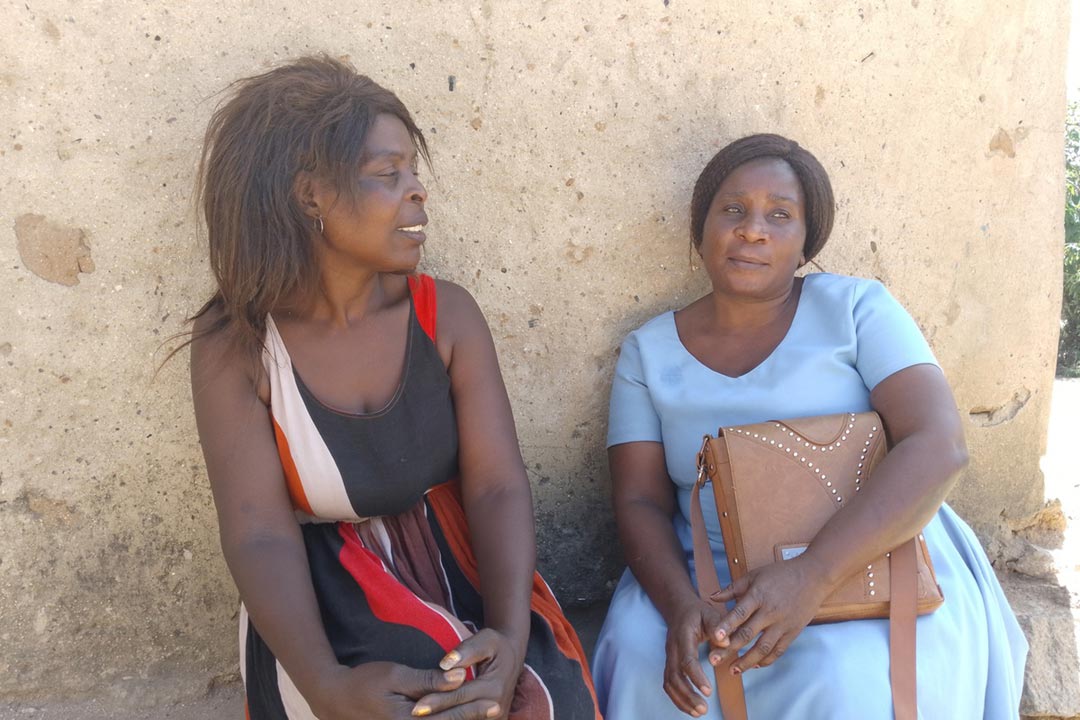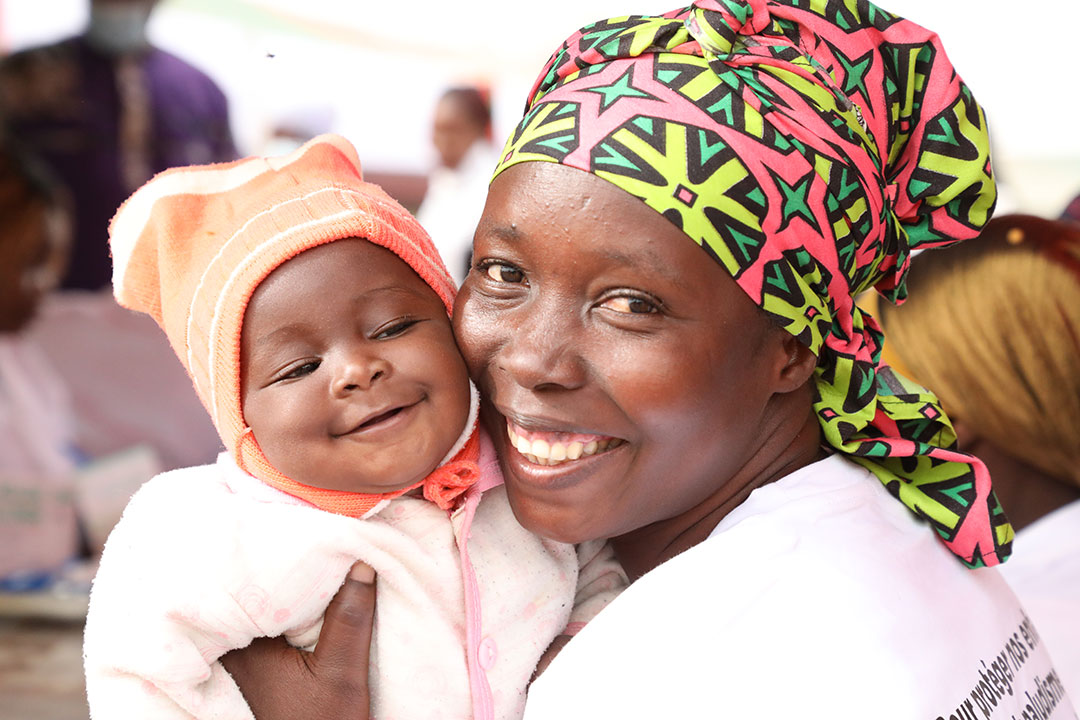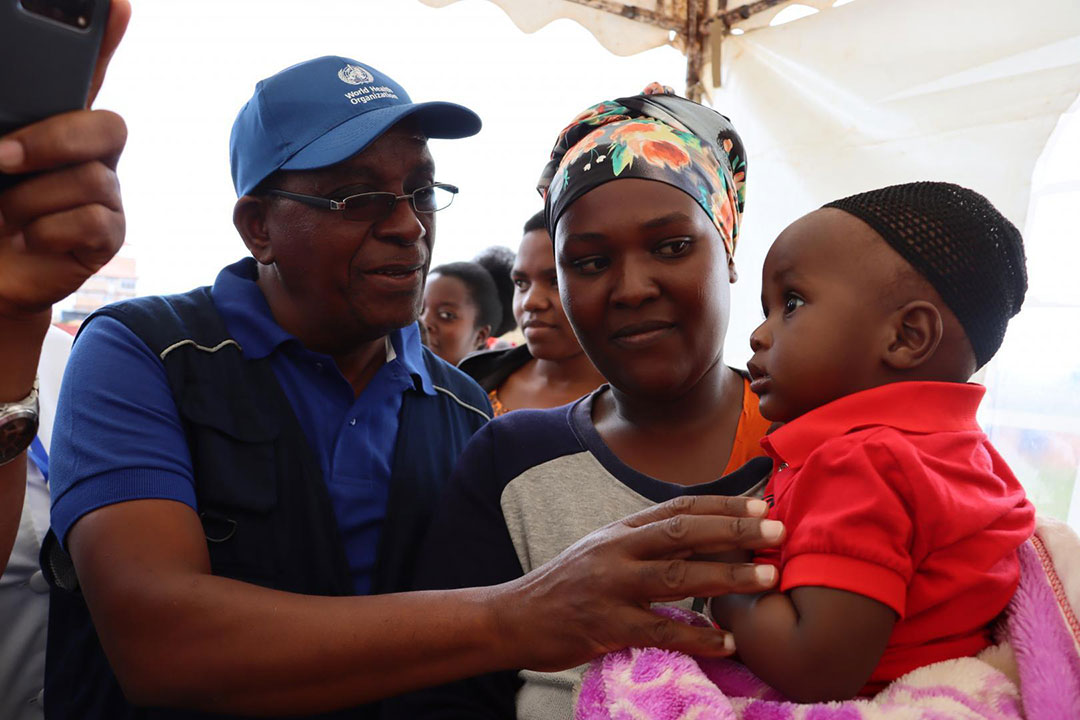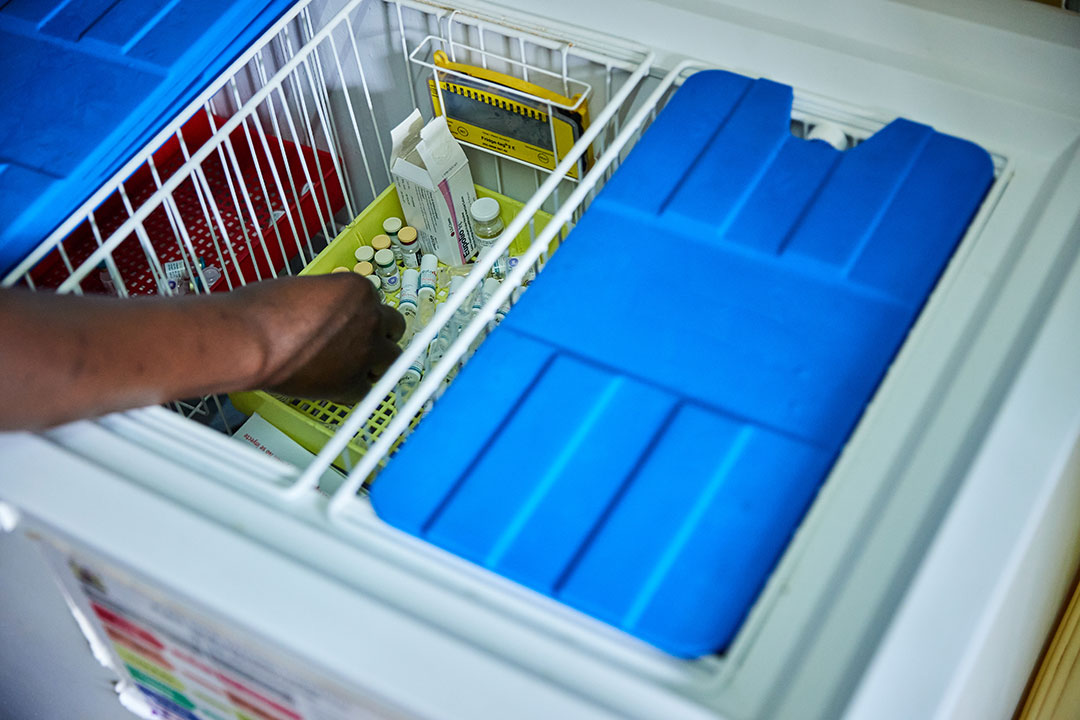5 May 2020: Overview of the COVID-19 situation in Gavi-supported countries and Gavi’s response
Sixty-nine (out of 73) Gavi-eligible countries have reported 123,129 confirmed cases and 3,941 deaths, five more countries than the 64 announced last week. These countries account for about 3% of global COVID-19 cases and deaths.
- 8 May 2020
- 3 min read
- by Gavi Staff

Fragile countries facing COVID-19
Fragile countries account for only 5% of confirmed cases across Gavi-eligible countries; however, the number of cases in these fragile countries is rapidly rising – with a 57% increase in the past week. As these countries have limited testing capacity, substantial under-reporting is likely meaning that cases will go undetected, risking widespread community transmission.
Moreover, the ongoing humanitarian and economic crises, compounded by COVID-19, provide for potentially catastrophic situations in fragile countries. The number of people facing acute food insecurity worldwide could nearly double from 135 million to 265 million as a result of the economic impact of COVID-19, according to the World Food Programme (WFP). Gavi-eligible countries facing severe food crises include Afghanistan, the Democratic Republic of the Congo (DRC), Haiti, South Sudan, Syria and Yemen.
According to the World Bank, remittances to low- and middle-income countries are expected to drop by around 20% in 2020 to US$ 445 billion (down from US$ 554 billion in 2019) as migrant workers are laid off, further affecting fragile economies.
Impact on Routine Immunisation: Vaccine Supply and Cold Chain Equipment
Restrictions on air travel have impacted international shipments and other COVID-19 national lockdown measures have limited distribution of vaccines in some countries. Approximately eight Gavi-eligible countries (including the Central African Republic, Chad, the Democratic Republic of the Congo, Haiti and Pakistan) have reported shipment delays, while about nine Gavi-eligible countries (including Chad, the Democratic Republic of the Congo and Somalia) have reported low vaccine stocks or vaccine stock-outs at the central or sub-national level.
In some countries, cold chain equipment optimisation platform (CCEOP) installation and implementation have also been delayed, generally in such areas as: development and submission of applications; finalisation of operational development plans (ODPs); in-country deployment; and implementation of post-installation inspections (PII). The Gavi Secretariat and UNICEF Supply Division continue to monitor the situation closely. Monitoring measures include routine tracking to detect challenges, issue reminders and provide remote support to fast-track processes; and to identify funding sources to cover additional costs.
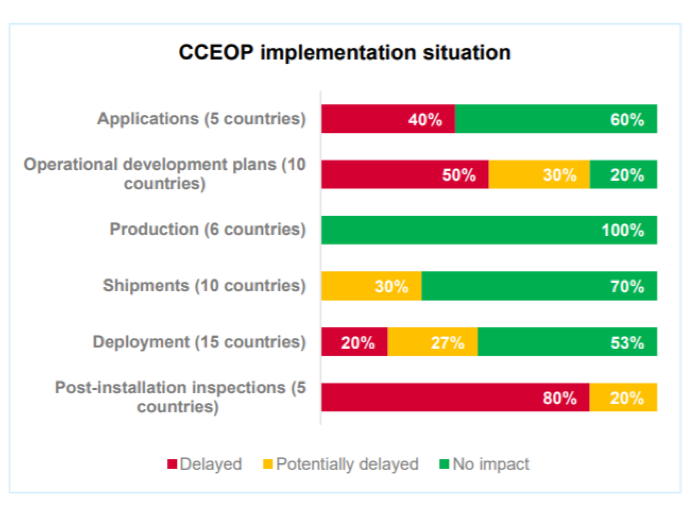
Gavi Country Programmes Update on COVID-19 Response
- Thirty-five reprogramming applications have been approved so far, of which 27 health system strengthening (HSS) reprogramming applications have been approved totalling US$ 48.2 million – this represents 59% of the countries’ available allocation. Eight reprogrammings are for partners’ engagement framework (PEF) Targeted Country Assistance (TCA) and post-transition engagement (PTE) reprogramming. An additional 20 are no-cost extensions.
- A further eight applications are currently being reviewed for an additional US$ 25 million.
- Approximately 41% of this allocation has been reprogrammed for personal protective equipment (PPE) and infection prevention and control (IPC) activities.
- In mid-April, Gavi signed an agreement with UNICEF Supply Division to pre-finance US$ 40 million to facilitate the procurement of and access to COVID-19-related supplies (mainly PPE and diagnostics) on behalf of countries; this has already allowed Supply Division to secure critical supplies in a highly constrained market. To date, US$ 11 million has been drawn down by countries on this advance.
Read the full 5 May 2020 situational report here.
